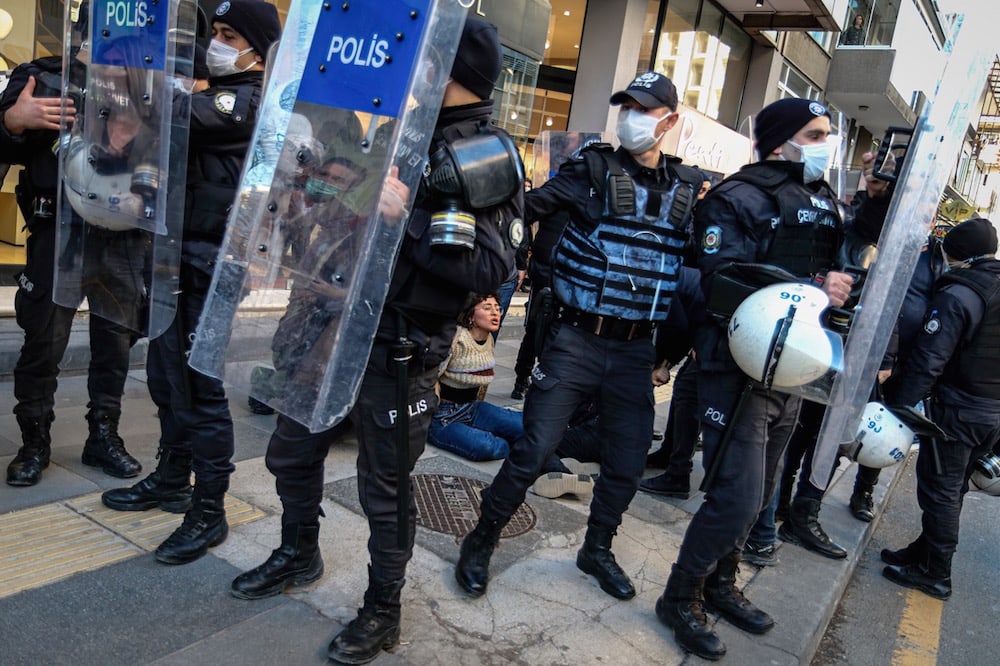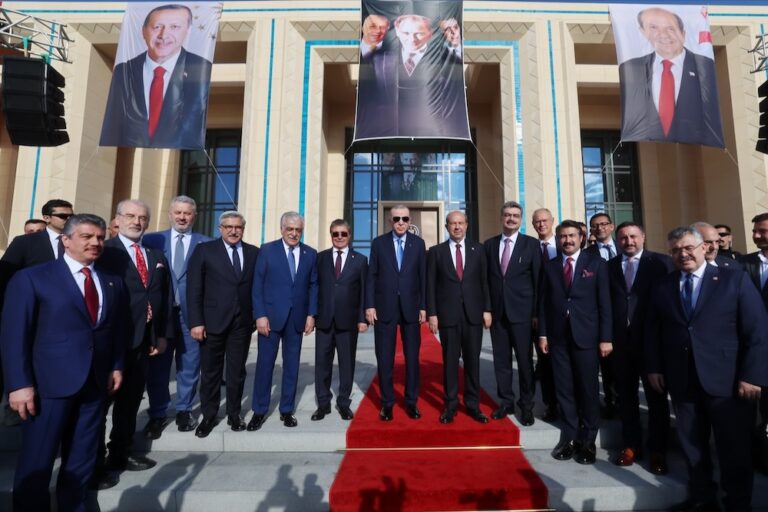The ruling is an important step toward safeguarding media coverage of protests in Turkey, which have recently been marred by cases of police violence.
This statement was originally published on ipi.media on 15 November 2021.
IPI welcomes unanimous decision of Council of State, urges permanent overturning of April 2021 police directive
The IPI global network welcomes the decision by Turkey’s Council of State to suspend a police directive banning journalists and members of the public from recording public demonstrations. The ruling is an important step toward safeguarding media coverage of protests in Turkey, which have recently been marred by cases of police violence.
The Council of State is the highest administrative court in Turkey, responsible for reviewing executive actions and judgements given by administrative courts. On November 11, 2021, the Council of State ordered the suspension of the April 2021 directive, saying that it restricted the freedoms of communication and the press and noting that fundamental rights can only be limited via legislation. The decision suspends the provisions of the police directive effective immediately, leaving the Council to rule on the directive’s full annulment at a later date.
“Journalists have both the right and primary responsibility to report on public protests. Preventing journalists from reporting on public events means hindering their basic journalistic activity,” IPI Turkey Programme Coordinator Renan Akyavaş said. “As we welcome the decision by the Council of State to reverse this loss in journalists’ rights, we call on the Council to evaluate the request for its full annulment without delay and to ensure the protection of press freedom, which is fundamental to any democratic system.”
Turkey’s Security General Directorate (EGM) had issued the directive on April 27, 2021. It requests police officers to prevent audio and visual recordings of protests and public demonstrations and foresees that legal action would be taken against individuals who don’t comply with orders to stop recording.
The directive, which was sent to all police departments in the country, was justified on the ground that recording and sharing audiovisual recordings of police officers and civilians on social media violates the “right to privacy” and prevents officers from “fulfilling their duty”.
Several journalists and protestors were briefly detained, beaten, and subject to police violence since the directive. The directive was also used against a number of mass protests in an attempt to prevent them from taking place including student protests at Istanbul’s Boğaziçi University. The regulation was strictly opposed by both local and international civil society, journalistic organizations and rights groups which was seen as a clear move by officials to prevent reporting on human rights violations.



